
Kidney Failure in Dogs: Causes, Symptoms & Treatment
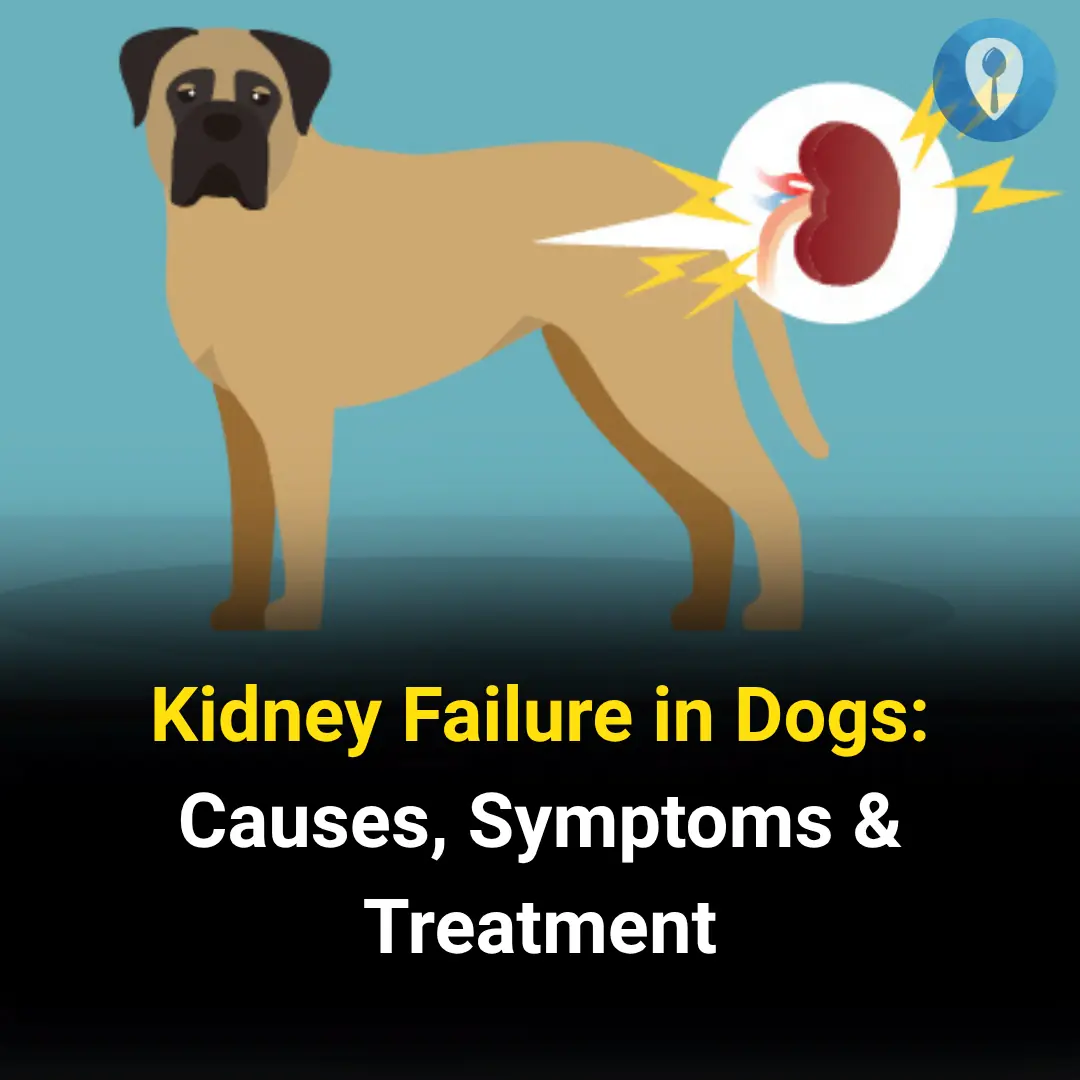
Kidney failure (also known as renal failure) is the inability of a dog’s kidneys to efficiently filter byproduct waste from the bloodstream. Impaired kidney functioning can lead to many other health issues for canines.
In this post, we’ll dive into the causes of kidney failure in dogs, common symptoms you should look out for, available treatment options, and more.
Types of kidney failure in dogs
Just like in humans, healthy kidneys in dogs control blood pressure, regulate hydration, remove toxins, release hormones needed to produce red blood cells, and maintain a normal electrolyte balance. If the kidney function is impaired, kidney failure occurs. When the kidneys don’t work properly, a number of other organs can be affected, including the brain and heart.
Kidney failure (also called renal failure) in dogs can be chronic or acute:
Chronic kidney failure
This occurs when the kidneys lose function gradually and is typically caused by degeneration related to old age. Chronic kidney failure is the most common type of kidney disease in dogs, occurring in 0.5% to 1% of dogs.
Acute kidney failure
This occurs when a canine's kidney function suddenly decreases, usually within hours or a few days. It’s typically caused by a severe kidney infection or the consumption of toxins.
The main difference between these two types of kidney failure is that acute kidney failure can be reversed with timely and aggressive treatment. Chronic kidney failure, on the other hand, can’t be reversed or cured and it can only be managed. In most cases, the damage to the kidneys has been happening for more than three months and the kidneys will continue to worsen.
What causes kidney failure in dogs?
Chronic kidney failure in dogs
The exact cause of chronic kidney failure is often difficult to pinpoint because of its slow onset. Early symptoms are usually mild and can be easily overlooked or dismissed.
Dental disease is a leading cause of chronic renal failure in senior dogs. Bacteria build up in the animal’s teeth and enter the digestive system through eating and drinking, affecting the kidney’s ability to filter waste over time.
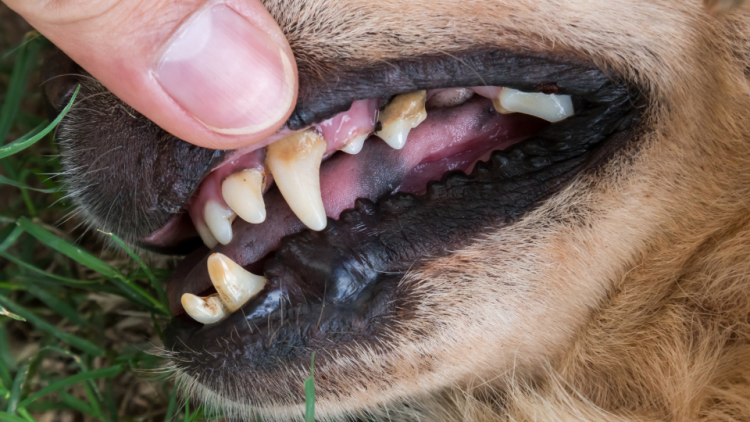
Chronic kidney failure can also be caused by:
- Congenital diseases or birth defects (such as agenesis, when the dog is born missing one or both kidneys)
- Kidney cancer (renal neoplasia)
- Polycystic kidney disease
- Kidney infections
- Fanconi syndrome
- Elevated calcium (hypercalcemia)
- Kidney stones
- Renal dysplasia
- Immune system dysfunction
- Poor blood flow to the kidneys
- Blocked urine movement or flow
- Certain medications (such as NSAIDs and some antibiotics)
Acute renal failure can also lead to chronic renal failure.
Acute kidney failure in dogs
Acute renal failure is most often a result of a dog ingesting poison. It might be antifreeze, household cleaners, or certain drugs. Some human foods like grapes and raisins have also been known to cause kidney failure if eaten frequently and in larger quantities.
Severe bacterial infections can also cause acute kidney failure. Even though kidney infections can occur spontaneously, there’s usually a reason why the dog has trouble fighting off the infection, such as urine blockage or kidney stones.
Leptospirosis is one example of a bacterial infection that can cause sudden renal failure in pups. Our canine companions can get leptospirosis by coming into contact with infected urine, water, soil, water, food or bedding, or through a bite from an infected animal. Be sure to talk to your vet about vaccinating against this disease.
Kidney issues can also result from decreased blood flow through the kidneys. This can be caused by severe dehydration (usually from severe diarrhea or vomiting), heatstroke, or snake bites, and bee stings.
Signs of kidney failure in dogs
The most common symptoms in dogs with kidney failure include:
- Excessive thirst and urination
- Lethargy
- Decreased appetite
- Weight loss
- Bad breath
- Pale gums
- Vomiting
- Blood in urine
- Ulcers in the mouth
- Uncoordinated movement such as stumbling
- Intestinal seizures
Dogs with chronic renal failure might not show any clinical signs at first, or the signs might be very subtle.
In severe renal failure, the amount of urine might actually decrease, or the dog might stop making urine altogether. As the condition worsens, other symptoms may include blood in the stool, black or tarry stool, or vomiting blood.
Diagnosing kidney failure in dogs
Blood and urine tests are commonly performed to diagnose kidney failure. Other tests, such as ultrasound, X-rays, and special blood tests might be needed in order to assess the severity of the disease and determine the cause for the failure. In some cases, a biopsy of the kidney might be recommended.
How to treat kidney failure in dogs
Treatment for kidney failure in dogs will depend on the severity of the condition and the underlying reason that caused their kidney to fail.
Dogs with acute renal failure can get very ill and might need to be hospitalized. Milder cases can be treated with antibiotics and fluids on an outpatient basis.
In some cases, dialysis might be necessary. Signs that indicate dialysis should be considered include very high potassium levels, lack of improvement in lab results while the pet receives intravenous fluids, and fluid in the lungs. Both hemodialysis and peritoneal dialysis can be effective but are generally quite expensive.
While damage from acute renal failure is more easily treated, chronic renal failure will cause irreversible damage to your dog’s kidneys unless caught early. For that reason, veterinarians generally focus on slowing down the progression of the disease and finding ways to improve the dog’s quality of life, usually with medication and diet changes.
Your pup’s treatment plan might also include:
- Electrolytes to balance out blood levels
- Medications that encourage the production of urine
- Medications to ease gastrointestinal problems
- Medications to reduce vomiting
- Medications for anemia
- Blood pressure management
If kidney disease is left untreated, end-stage renal failure might occur, leading to death. If you suspect your pet has kidney failure, contact your veterinarian or take your dog to an emergency clinic for a diagnosis and treatment.
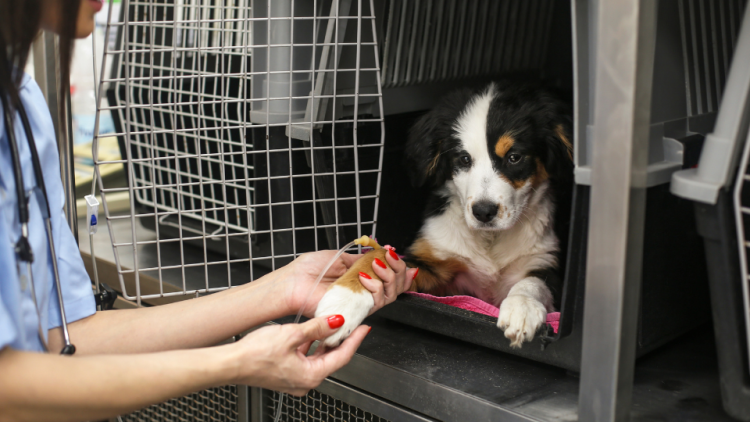
Cost to treat dogs’ kidney failure
The cost of diagnosis and treatment will also depend on the cause, as well as on how the dog responds. Initial diagnostic tests usually range between $200 and $750, whereas long-term management of chronic kidney failure can cost between $100 and $500 per month, depending on the prescribed medications and how often IV fluid therapy is required.
Pro Tip: Every dog owner should consider pet insurance. Even if you believe you have enough money to cover veterinary costs, pet insurance could still save you thousands of dollars if your dog gets sick or injured.
What’s the prognosis?
Kidney failure is a very serious disease and about 60% of pets suffering from it will either die or be euthanized because of it. In cases when medical treatment has failed, the chance of survival without dialysis is extremely low. About half of the patients that receive dialysis will recover, depending on what caused the failure. Many of them will recover only partially and end up with permanent kidney damage.
However, some pups manage to recover completely and have a good quality of life for years after being diagnosed with the disease.
Talk to your vet about what you should expect after your dog has been diagnosed and treated for kidney failure. The vet might recommend nutritional supplements and/or a therapeutic diet to manage your pup’s condition.
News in the same category


4 Health Stages Every Man Must Go Through

Drinking coffee at certain time of day could reduce your risk of d.ea.th and heart disease

Who Should Avoid Drinking Coconut Water? Important Health Considerations
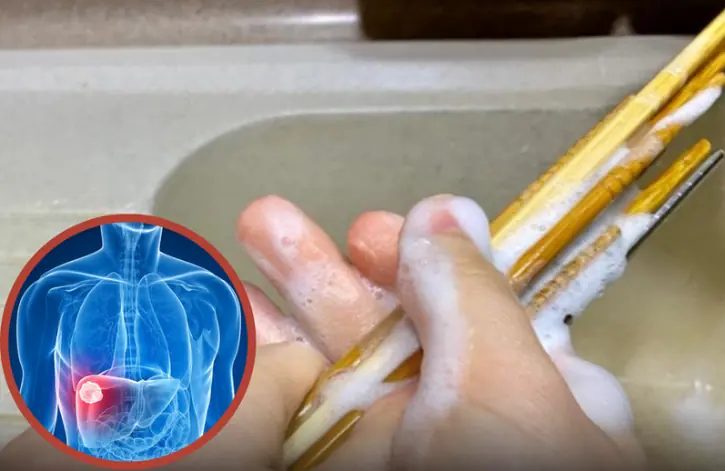
Liver C@ncer Strikes a Family of Four: What Experts Say About T0xic Kitchen Habits

17 years old, end stage renal failure, dialysis three times a week

Don’t Toss That Leftover Beer: Discover 8 Surprising Benefits of Keeping I

Boost Your Circulation Naturally: Top Foods Proven to Enhance Bl0d Flow and Heart Health

Seemingly harmless habits that cause can.cer very quickly: Are you suffering from them?

Don’t Ignore the Signs
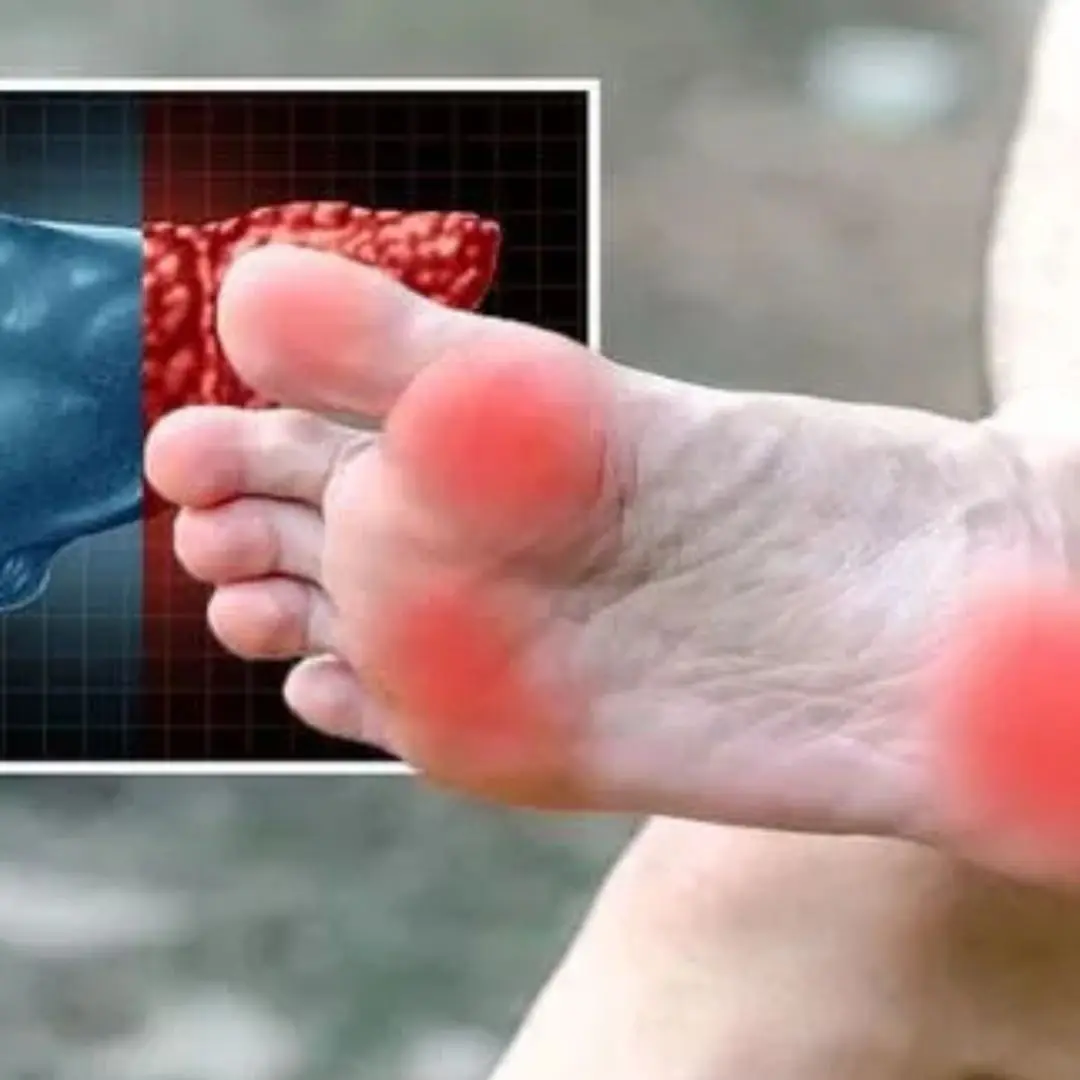
Fatty liver disease: The sign in your feet that means the condition is irreversible

4 types of food with no expiration date

Useful tips to prevent the development of can.cerous cells
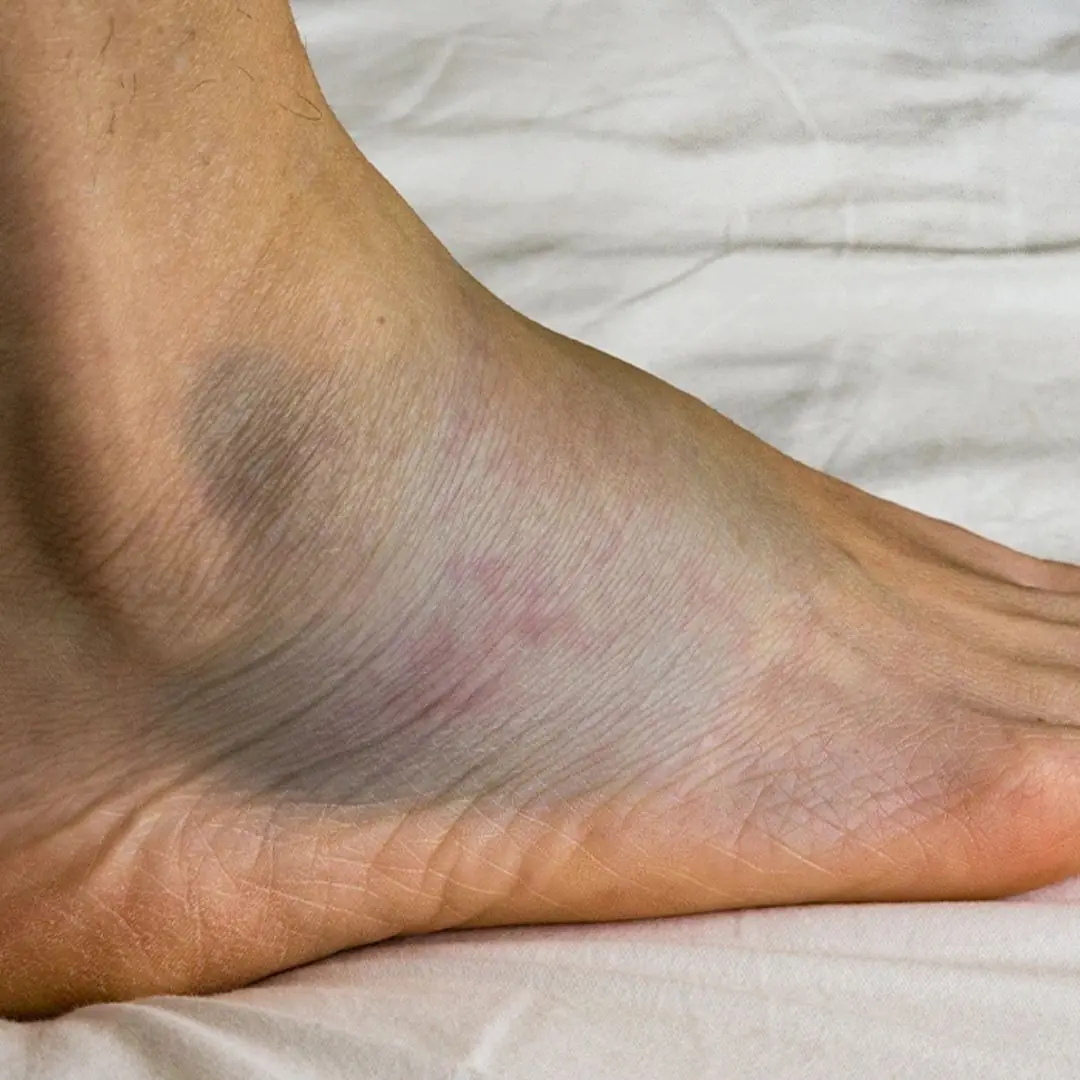
Swollen legs and edema are symptoms of what disease?
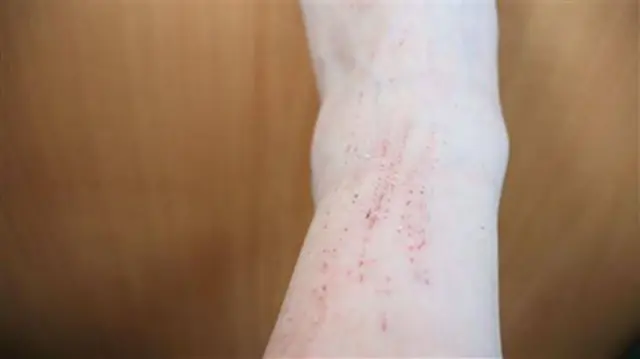
Woman Develops Skin Ulcers After 20 Years of Eating Only Boiled Food

Sweet Potatoes Are Healthy, but These 5 Groups of People Should Avoid Them

Seemingly Harmless Habits That Can Cause Can.cer Alarmingly Fast
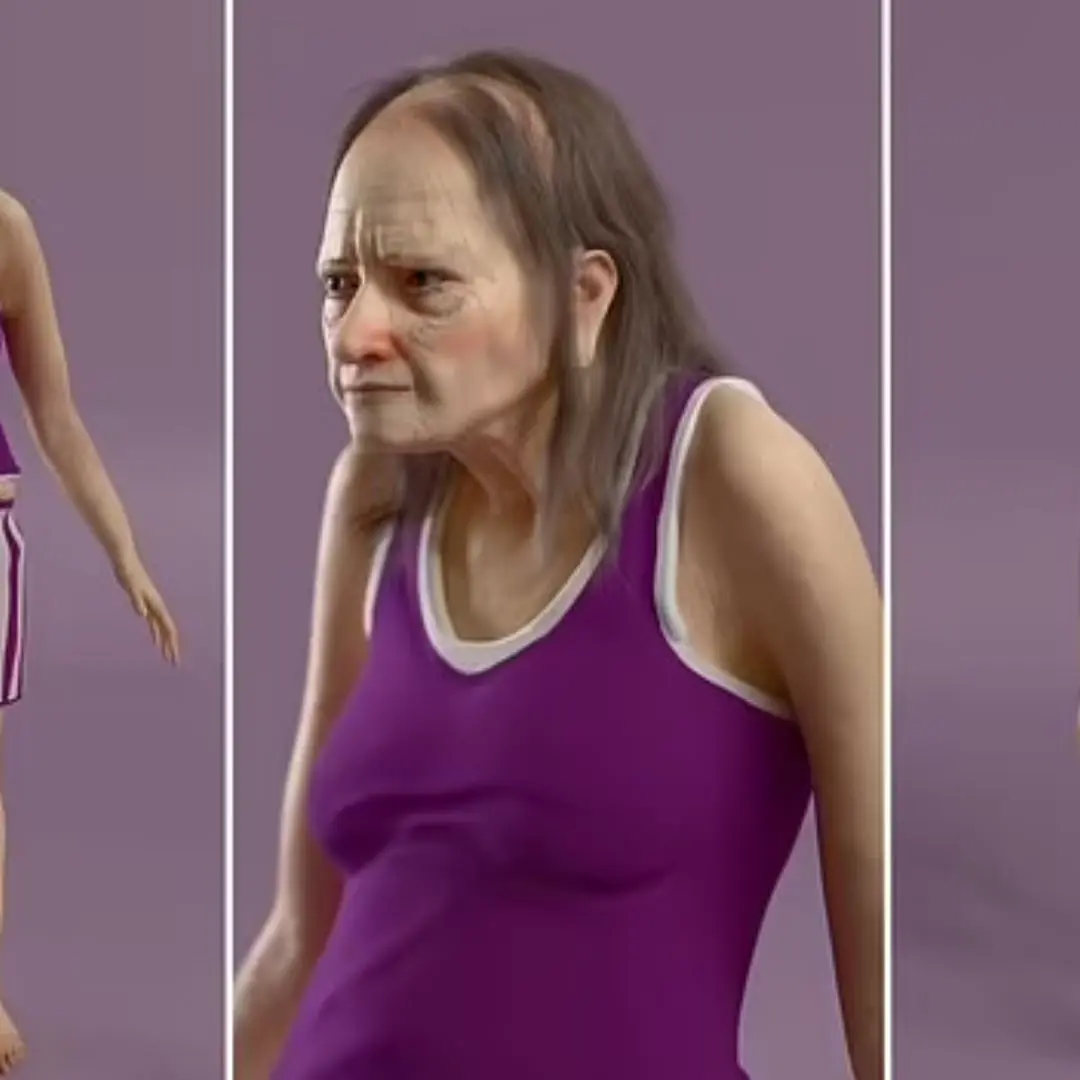
Doctor shares ho.rrif.ying images that show what six hours of sleep a night will do to your body
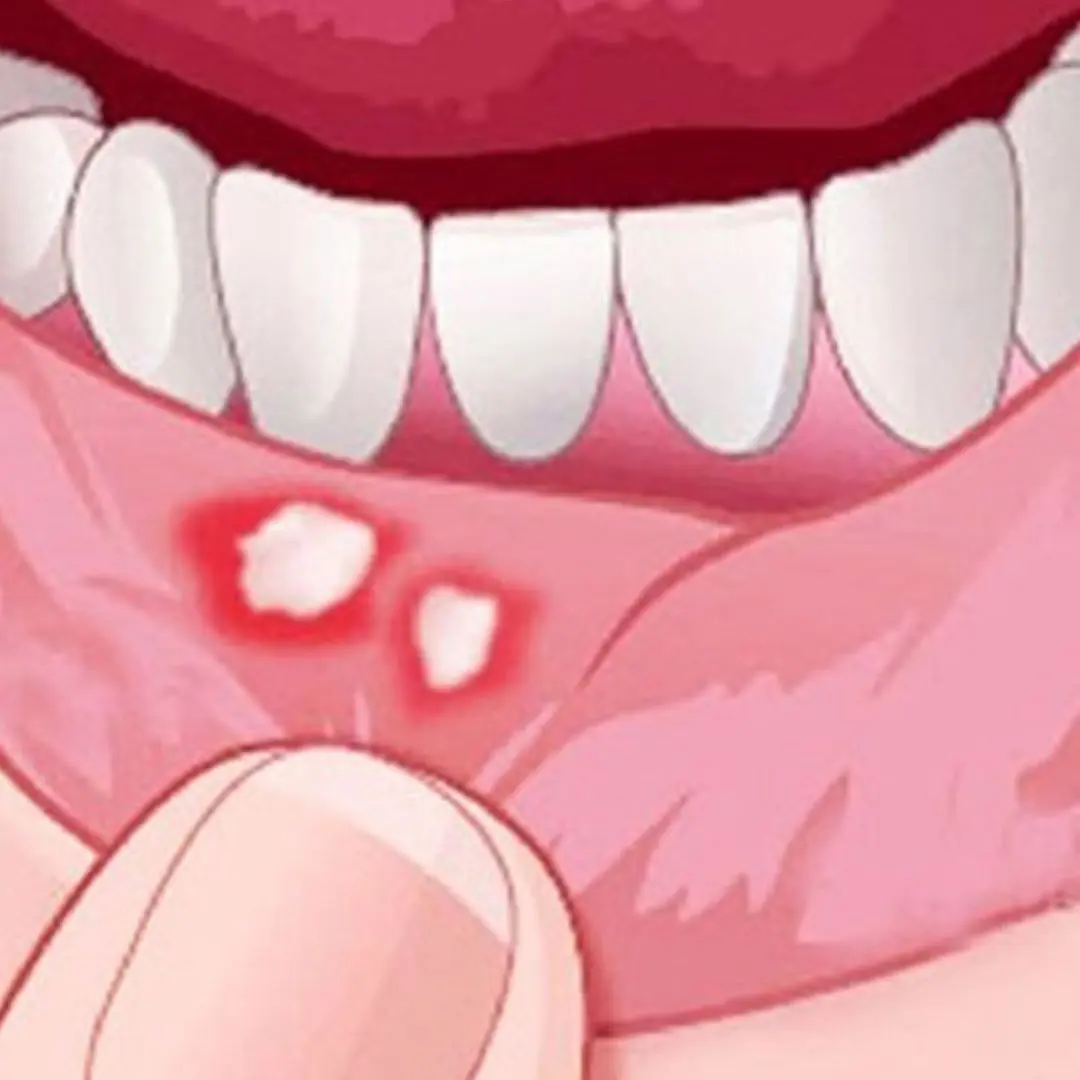
Mouth ulcers keep coming back? Don't ignore the following causes
News Post

This Type of Paper Should Never Come Into Contact with Food

Even the Healthiest Tofu Can Be Harmful If Paired with These 4 Foods

4 Health Stages Every Man Must Go Through

Add 9 matchsticks to divide the shape into 4 equal parts

Drinking coffee at certain time of day could reduce your risk of d.ea.th and heart disease

Understanding Night Barking: 6 Reasons Your Dog Won’t Stay Quiet After Dark

People who should not eat instant noodles no matter how much they crave them

Who Should Avoid Drinking Coconut Water? Important Health Considerations
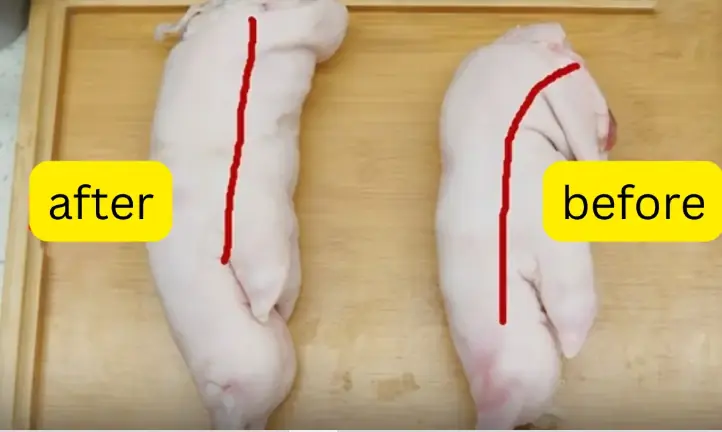
When going to the market, should you buy the pig's feet first or last?

Liver C@ncer Strikes a Family of Four: What Experts Say About T0xic Kitchen Habits

Foods That Should Never Be Combined with Eggs — Absolutely Avoid These Dangerous Pairings

17 years old, end stage renal failure, dialysis three times a week

10 Effective Snake-Repellent Plants to Keep Your Yard Safe and Beautiful

The Button Dilemma: Why Do Men's and Women's Shirts Button Differently

Don’t Toss That Leftover Beer: Discover 8 Surprising Benefits of Keeping I

Why Do Many Believe the Poor Avoid Buying Second-Floor Homes, While the Wealthy Skip the 18th Floor?

Boost Your Circulation Naturally: Top Foods Proven to Enhance Bl0d Flow and Heart Health
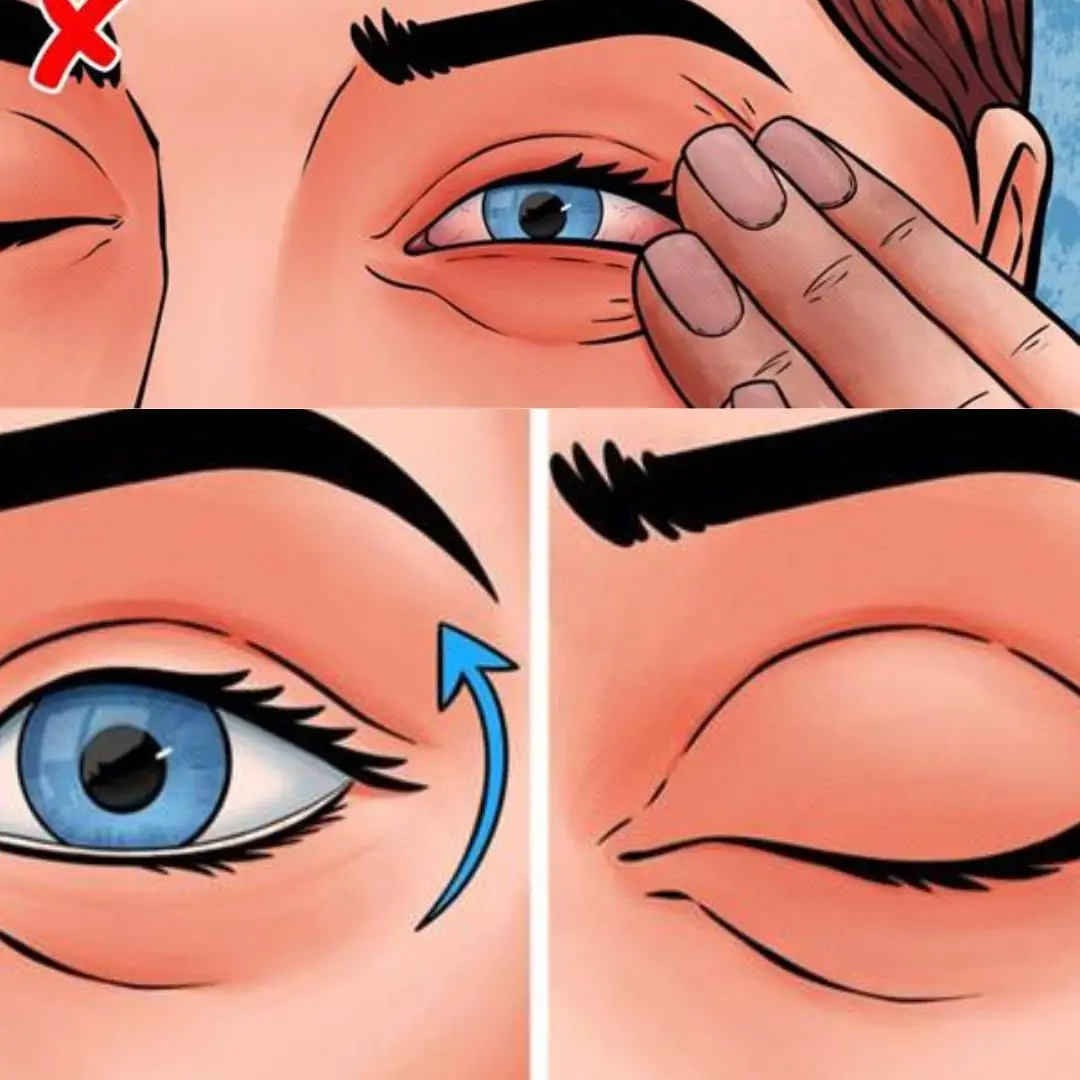
How to remove foreign objects from the eye quickly without causing harm?
